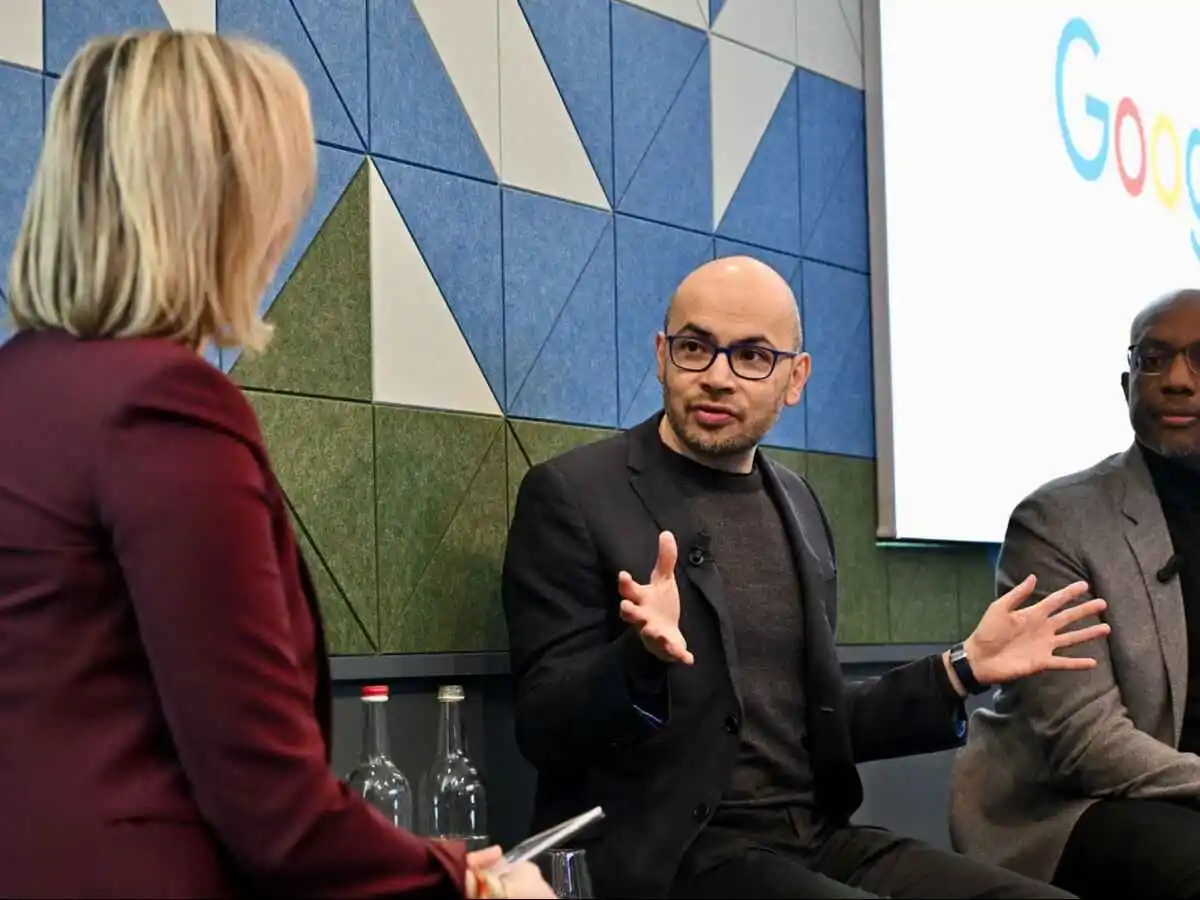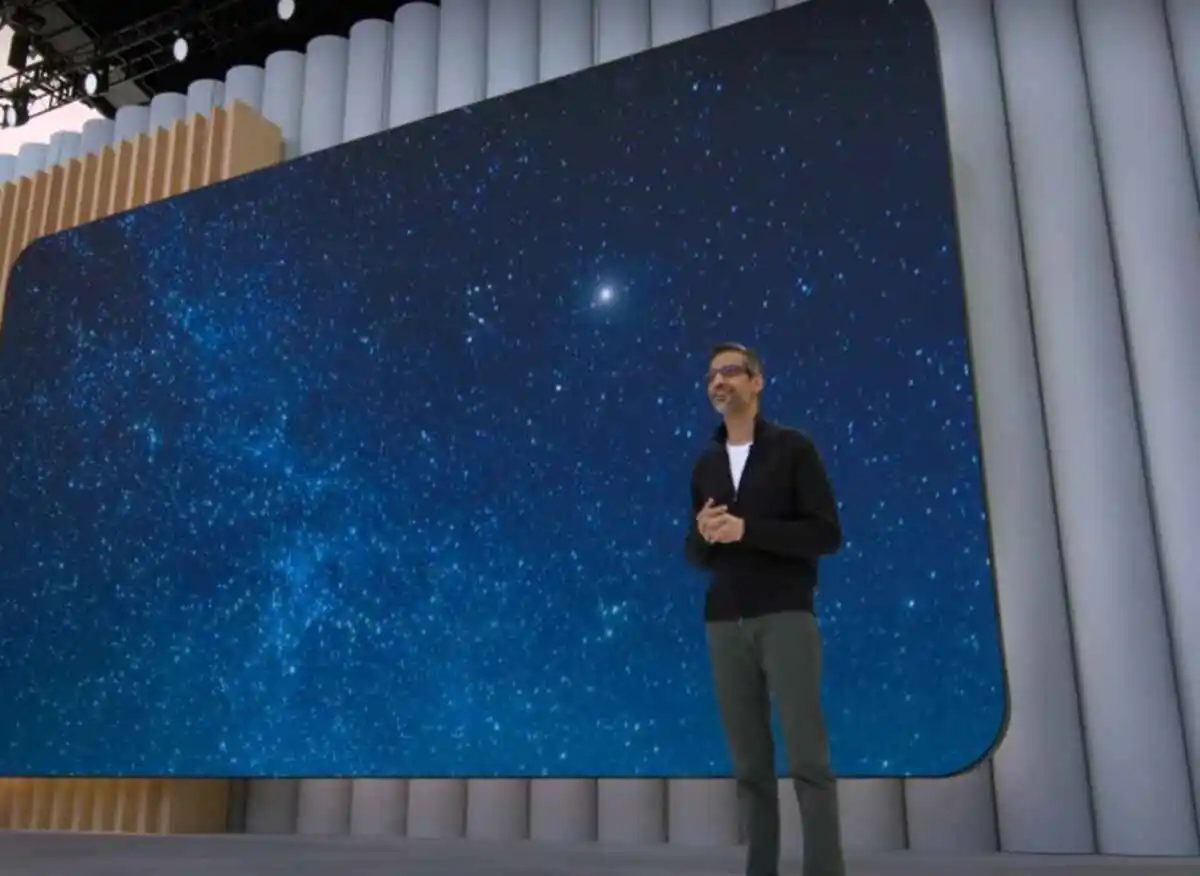Business News
Google AI chief has a message for teens: Big job changes are coming — here’s how to prepare
.png)
3 min read | Updated on May 25, 2025, 17:10 IST
SUMMARY
Google DeepMind CEO Demis Hassabis discussed the impact of artificial intelligence on jobs and education.

While Hassabis admitted there is no definitive data yet showing AI-driven job loss at scale, he stressed that society should prepare for long-term shifts.
After Google unveiled a sweeping set of artificial intelligence updates at its annual I/O developers conference Tuesday, the CEO of its AI unit offered a cautiously optimistic view of the technology’s impact on the future of work.
Demis Hassabis, head of Google DeepMind, acknowledged the concerns many parents and young people have about AI-driven job disruption, but said he believes the near-term effects will be more evolutionary than apocalyptic.
"Some jobs get disrupted, but then new, more valuable, and usually more interesting jobs get created," Hassabis said in an interview on Hard Fork, a podcast by The New York Times. “That’s what’s going to happen in the nearer term — the next five years, let’s say. I think it’s very difficult to predict after that.”
His comments come as companies increasingly adopt AI systems that automate tasks once done by humans, leading to anxiety over employment prospects in fields like tech, law and finance.
While Hassabis admitted there are no definitive data yet showing AI-driven job loss at scale, he stressed that society should prepare for long-term shifts.
He advised teenagers and university students to immerse themselves in emerging AI tools and to not shy away from foundational skills in science, technology, engineering and math.
“I would also say immerse yourself now; that’s what I would be doing as a teenager today in trying to become a sort of ninja using the latest tools,” Hassabis said.
"I think you can almost be sort of superhuman in some ways if you got really good at using all the latest, coolest AI tools,” he added. “But don’t neglect the basics… You need the fundamentals.”
Beyond technical knowledge, Hassabis stressed the importance of “meta skills” such as adaptability, creativity, and resilience, qualities he believes will be essential in an AI-driven world.
“And I think it’d be very interesting to see what they do, because they’re going to grow up A.I.-native just like the last generation grew up mobile and iPad and tablet native. And then previously, internet and computers, which was my era.”
The remarks came as Google showcased major upgrades to its AI capabilities, including a conversational “AI Mode” for Google Search, Imagen 4 for high-fidelity image generation, and Veo 3, a video model that produces clips with native audio. The company also introduced new creative tools, such as Flow, for cinematic editing.
“We are in a new phase of the AI platform shift,” said Google CEO Sundar Pichai during the keynote, “where decades of research are now becoming reality for people all over the world.”
As the technology advances rapidly, Hassabis said DeepMind has no current plans to reduce hiring, though he noted the company is closely watching developments in AI agents capable of assisting with coding.
“Today, they can’t do things on their own,” he said. “They’re just helpful for the best human coders.”
He acknowledged that the arrival of artificial general intelligence, or AGI, could mark a more disruptive inflection point.
"The only thing we know for sure is there's going to be a lot of change over the next ten years," he said.
Related News
By signing up you agree to Upstox’s Terms & Conditions
About The Author
Next Story


